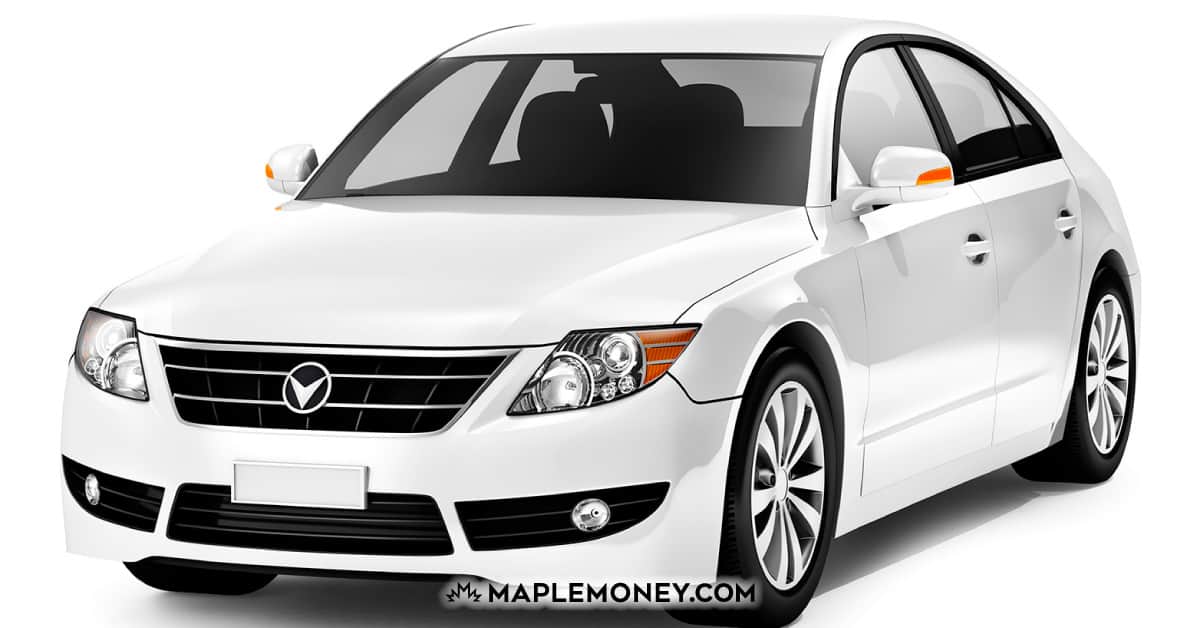Should You Lease or Buy Your Next Car?

One of the oldest ongoing conversations in the world of cars is the lease vs. buy debate. There are passionate arguments on both sides of the debate, but what it really comes down to is your individual situation, and which approach would truly be right for you.
Buying a Car Vs. Leasing a Car
Thinking of leasing a car since the monthly payments would be smaller? First, understand that there is more to the cost of leasing a vehicle than just the monthly payments. At the end of your lease you can get hit with charges for any excessive wear and tear as well as going over your mileage allowance. There may also be an administration charge for the dealer to calculate all this for you. And if you need to break your lease agreement due to a change in your finances, there will be a fee for that too.
On top of all these hidden charges is the fact that, from lease to lease, you’re continually paying for the highest depreciation years of a vehicle. This means that someone else (who buys the car used after you are done with your lease term) benefits from the fact that you have already absorbed the years related to the highest amount of depreciation.
You’ll also have no equity built up as you do not own the vehicle. You can’t sell it for a little extra cash, and for some, that matters a lot.
If you’re concerned about the amount of your monthly payments, consider buying a 2-3 year old car. This will spare you the highest depreciation years, so that there is less of a chance that your loan won’t be worth more than your car. You’ll still have some warranty and the price, and therefore payments, are usually lower.
With the money saved, you’ll be able to fix any problems after the warranty expires and still come out ahead. Since you own the vehicle, you could also keep it longer. Getting a few more years out of it will save you even more money compared to a new car every three years.
But just because this scenario might work well for some, it isn’t always that answer. With a lease, you don’t usually have to worry about car maintenance; just bring the car in for regularly scheduled maintenance, and you are good to go.
Additionally, there are many consumers who like to have a new car regularly. The leasing process makes it easy to drive a new car for two or three years, and then turn it in and start driving a new car. As long as you are comfortable with the process, and as long as you are careful to read the lease agreement before you sign, a lease can work out quite to your advantage.
Think about what your car will be used for, and how long you plan to have it. In some cases, it makes sense to buy a slightly older, used car from a certified dealer. But if you have different priorities, and can afford it, you might consider leasing.


Comments
Good points Tom. One of the big problems with leases is that you never really know what it is that you have. There are too many “gotcha provisions” that usually bite you in the tail at the end of the term, when you’re looking for a new vehicle.
What you’re really doing with a lease is signing on for a debt for an asset that you don’t own. A 2-3 year old car is a better deal than that.
Although there are some good points here, leasing isn’t always a bad idea and not all dealers/dealerships are out to get you (I am neither nor do I work in the industry) but I have both leased and purchased cars. If you can find a good lease rate on a car with a high resale value you can often come out ahead in a lease. Here is an example of something I have done in the past.
When looking for a new car I found the vehicle I wanted and there was a deal with a low lease rate 2.9% for 4 years while the 5 year financing rate was 5.9%. The vehicle price was $28000 making the lease payment $470 while the finance payment was $604 for a $134 difference. My intention all along was to keep the car not return it at the end of 4 years so i crunched the numbers. To finance the vehicle over 5 years would cost 604×60= $36240 – 3360(taxes)=32880 total cost of financing $4880 over 5 years.
One of the advantages of leasing is you only pay tax on your monthly payment so you don’t pay interest on the taxes for the entire car when you finance. Back to the lease…payment is $470 because you are only financing part of the total value of the car in this case $19000 as the lease end value was $9000 and of course the tax difference mentioned above. so over the four years I paid 470×48=$22560 – taxes of 2448= $20112 making the cost of borrowing only $1112. However, I still don’t own the car but since that was my intention all along I took the difference in the lease vs buy payment of $134 and put it in a savings account for 4 years so when my lease was up I had $6432 in that account I owed $9000 +tax= $10080-$6432 = $3648 i then used my line of credit to pay this remaining balance and then continued to make $470 monthly payments to my line of credit. The result was I paid the car off in 4yrs 8mths and my total cost of borrowing was the $1112 from the lease and approximately $100 from the line of credit for a total of just over $1200.
End result was the car was paid off 4 months sooner and I saved over $3500 in interest.
Leasing isn’t always bad, and it’s not always the better way to go either the point is you need to crunch ALL of the numbers and scenarios if you really want to get the best deal.
Buying a used car seems to make more sense financially; especially if you pick a model that is reliable and plan to drive it for many years. Some people prefer to drive a new car every few years and for them leasing may be a preferred option.
http://www.enterprisecarsales.com/
I think we see how terrible a lease is in that it is the best type of situation a car dealership can arrange. They make their best money off of a car lease. They make money during the duration of the lease and in the end they get their product (the leased car) back. I would never advise you lease a car, you would be better off not having a car and looking into public transportation.